Mom, LA Gear Please!
The ’90s fashion scene was a fever dream. Cross Colours jump suits and light up shoes made the 90’s such a vibrant and colorful era. We witnessed the meteoric rise of LA Gear, a brand that became synonymous with the era’s dynamic interplay of color and illumination. Far from just another line of footwear, LA Gear represented the pulsating heart of youth culture, eager to distinguish itself. Those sneakers weren’t mere accessories; they were emblems of coolness, igniting a fervor among both kids and adults. With every step taken in those high-tops, wearers didn’t just move; they made statements, lighting up their paths in ways unimaginable before.
It was the ultimate fashion statement for the prepubescent youth searching for just the right piece of flare to jump-start their social maturation. Kids all over the country were asking their parents for the “light-up shoes”. It was a hightop masterpiece of leather and man-made synthetics with all the makings of a worldwide fashion phenomenon. Well, almost.
A Childhood Dream: Light Up Shoes Hit the Scene
The ultimate childhood trophy wasn’t just any cool pair of sneakers—it was owning a pair that lit up the room, literally. LA Gear transformed this dream into reality, introducing shoes that flickered with vibrant light, making every step an event. These were more than just shoes; they were high-top masterpieces, blending leather and synthetics into something that felt almost magical.
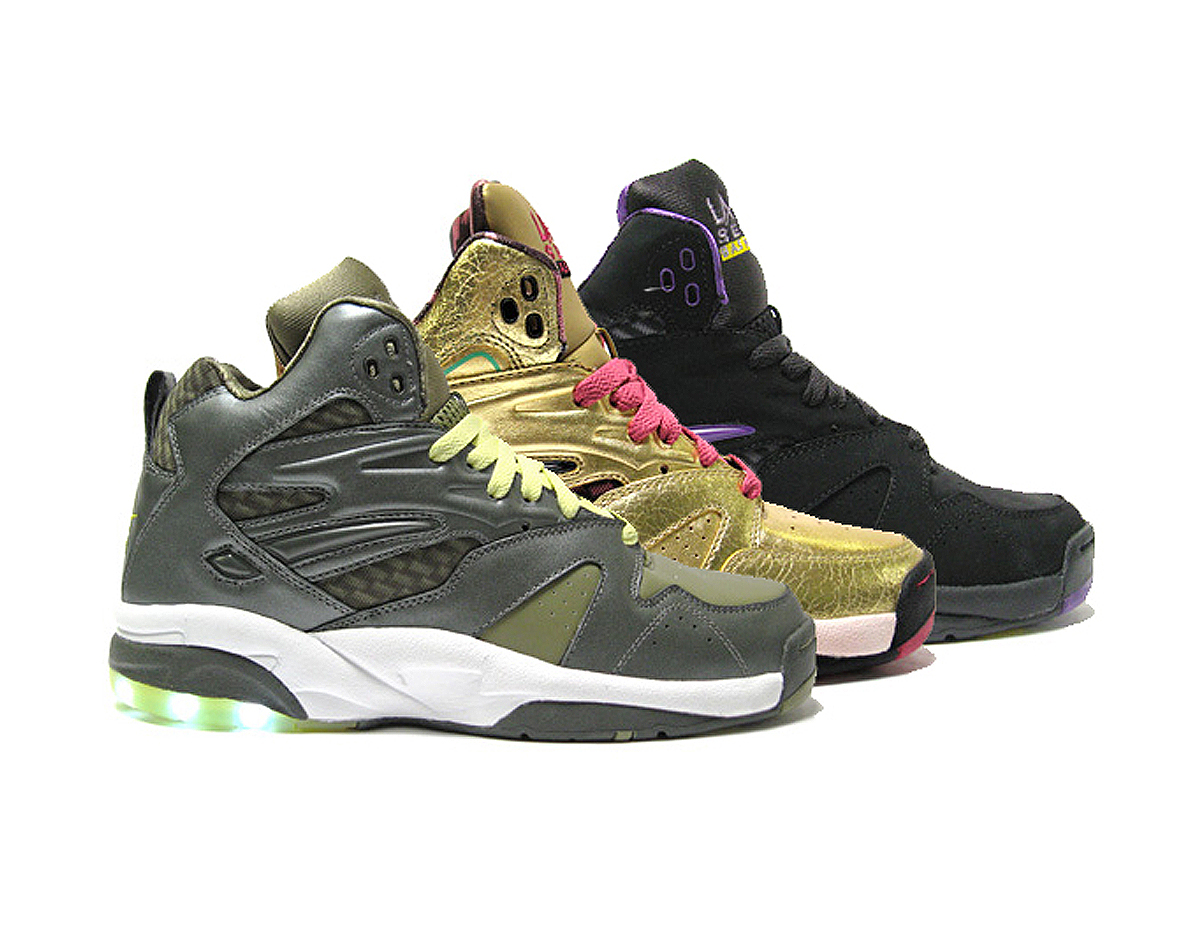
From Venice Beach to the World
Founded in 1979 by Robert Greenberg, LA Gear began its journey on Venice Beach, initially focusing on roller skates. However, by the mid-1980s, the brand expanded into athletic footwear and quickly captured the public’s imagination. LA Gear shoes, with their dual shoelace offering and distinctive style, became must-haves, featured in high-end department stores and, eventually, more accessible retailers.
Endorsements and Iconic Moments
The brand wasn’t shy about celebrity endorsements, aligning itself with legends like Kareem Abdul-Jabbar, Joe Montana, and Wayne Gretzky. Even pop culture icons Michael Jackson and Paula Abdul lent their star power, propelling LA Gear’s shoes into the stratosphere of desirability.
The Challenge of Sustaining the Spark
Despite a dazzling beginning, LA Gear’s journey encountered turbulence. By the early ’90s, the market’s whims began to shift, and the brand faced the daunting task of maintaining its relevance in a rapidly evolving fashion landscape. Efforts to upscale the brand’s image by restricting access to their shoes and venturing into exclusive collaborations met with mixed results. The mid-’90s saw the brand recalibrating, focusing more on lifestyle lines for women and children, but the shifting strategies hinted at a deeper struggle to connect with a changing consumer base.
Bankruptcy and Attempts at Reinvention
The late ’90s and early 2000s marked a period of significant challenge for LA Gear, culminating in a bankruptcy filing in 1998. Yet, the brand’s spirit of innovation persisted, attempting a relaunch in 2004 with a focus on men’s performance footwear and fashion athletic shoes for women. Despite these efforts, the landscape of fashion and footwear had shifted irrevocably.
The Legacy of LA Gear
Today, LA Gear’s story is a testament to the cyclical nature of fashion and the enduring allure of innovation. While the brand’s brightest days may seem like echoes of the past, its impact on ’90s culture and fashion remains undeniable. LA Gear’s journey—from its inception to its zenith and the challenges that followed—reflects a fascinating chapter in the history of fashion, one that continues to inspire nostalgia and admiration.
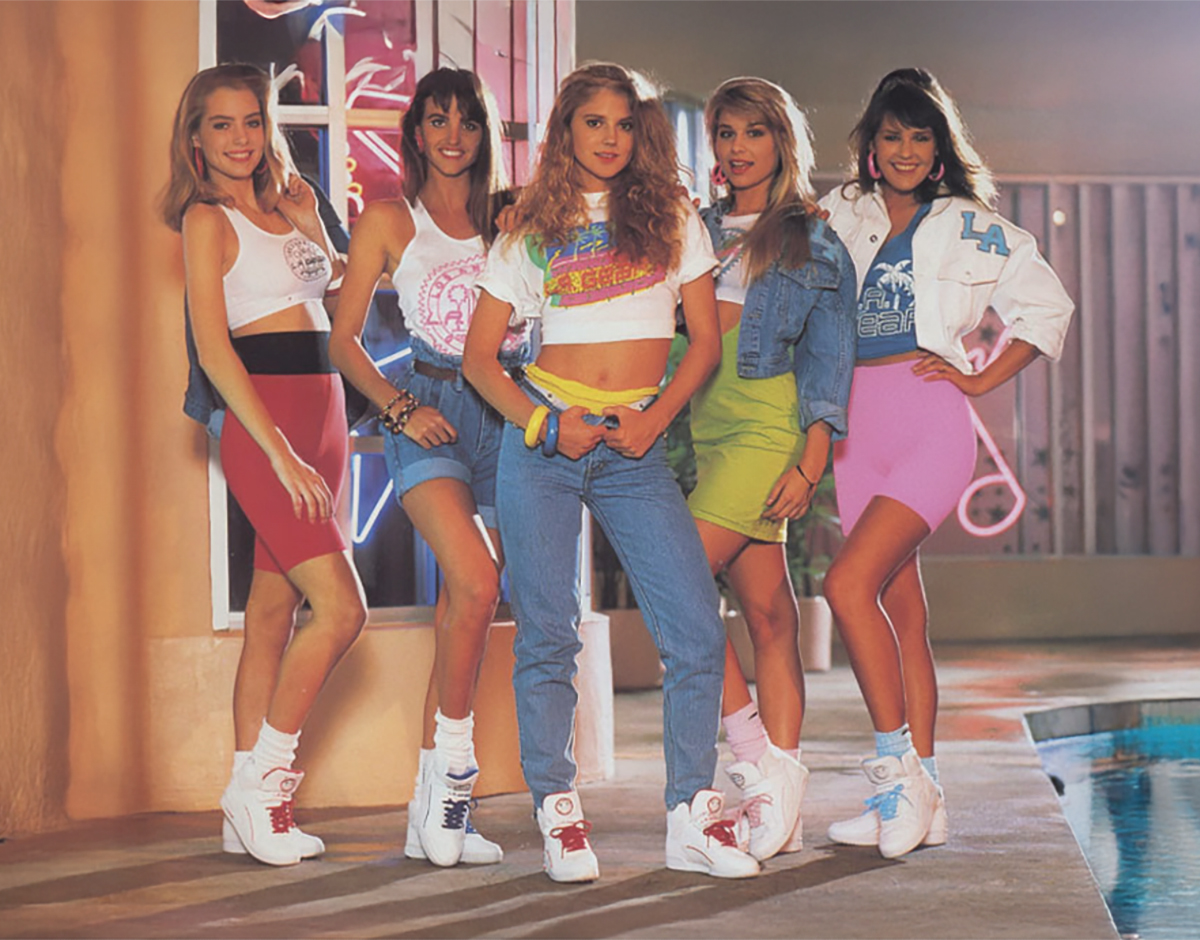
History of LA Gear
Early Beginnings
L.A. Gear was founded by Robert Greenberg in 1979 to market and rent roller skates in Venice Beach. In the mid-1980s, the brand expanded into athletic footwear and quickly gained popularity. One of its signature features was offering two pairs of shoelaces with their shoes—one white and another in a contrasting color.
Rise in Popularity
As the 1990s began, L.A. Gear’s popularity surged, with their shoes becoming increasingly available in high-end department stores like Macy’s. Over time, they expanded distribution, even creating exclusive designs for discount retailers such as Caldor.
Decline in the Mid-1990s
By 1993, L.A. Gear’s popularity started to wane. The company attempted to regain its upscale clientele by limiting distribution to higher-end stores. However, surplus inventory began appearing in flea markets and supermarkets, which hurt the brand’s image. In 1994, L.A. Gear shifted focus, discontinuing their men’s performance footwear line and emphasizing lifestyle shoes for women and children. A failed acquisition of the Ryka brand also marked this turbulent period.
Wal-Mart Partnership and Bankruptcy
In 1995, L.A. Gear entered into a three-year contract with Wal-Mart to produce lower-priced, exclusive designs for the retailer. The move clashed with their upscale strategy and ultimately failed as sales declined. By 1998, the company filed for Chapter 11 bankruptcy, scaling back its offerings significantly.
Attempts at Revival
In 2004, L.A. Gear relaunched with a focus on men’s performance footwear, reviving the Catapult line. Los Angeles Lakers rookie Luke Walton and NBA player Ron Artest briefly endorsed the brand, but neither association brought lasting success. The company shifted back to marketing fashion athletic shoes for women.
Recent Efforts and Relaunches
L.A. Gear reintroduced its Stardust women’s fashion line in 2009, followed by a new version of the popular L.A. Lights. They also joined the rocker-bottom shoe trend with the Walk N Tone sneaker line. Despite these efforts, the brand remains primarily focused on fashion athletic footwear for women.
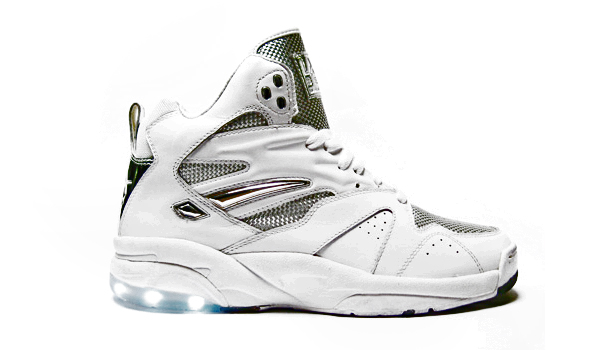
LA Gear Endorsements
Kareem Abdul-Jabbar
NBA legend Kareem Abdul-Jabbar was one of the first athletes to endorse L.A. Gear shoes. Toward the end of his illustrious basketball career, Abdul-Jabbar ended a long-standing partnership with Adidas to sign with L.A. Gear, adding credibility to the upstart brand.
Joe Montana
In 1990, San Francisco 49ers quarterback Joe Montana became L.A. Gear’s marquee athlete. His endorsement helped the brand tap into the football market and broaden its appeal to sports enthusiasts.
Wayne Gretzky
Hockey icon Wayne Gretzky joined the roster of L.A. Gear endorsers while still playing for the Los Angeles Kings. Gretzky’s partnership led to the creation of his own line of street hockey shoes, though the collaboration ended when his endorsement contract expired.
Michael Jackson
Global superstar Michael Jackson brought unparalleled star power to L.A. Gear. He endorsed shoes for both men and women, further boosting the brand’s visibility and appeal to a wide audience.
Paula Abdul
In 1991, pop sensation Paula Abdul was signed away from Reebok to join L.A. Gear. Her signature shoe became one of the brand’s top sellers in the early 1990s, cementing her as one of the most impactful celebrity endorsers for the company.
Reflecting on the Lights and Shadows
As we look back on LA Gear’s journey, it’s clear that the brand was more than just a manufacturer of trendy shoes. It was a cultural phenomenon that captured the essence of an era, leaving an indelible mark on the hearts of those who grew up in its neon glow. The story of LA Gear, with its highs and lows, serves as a vibrant chapter in the annals of fashion history, reminding us that the brightest lights often cast the longest shadows.
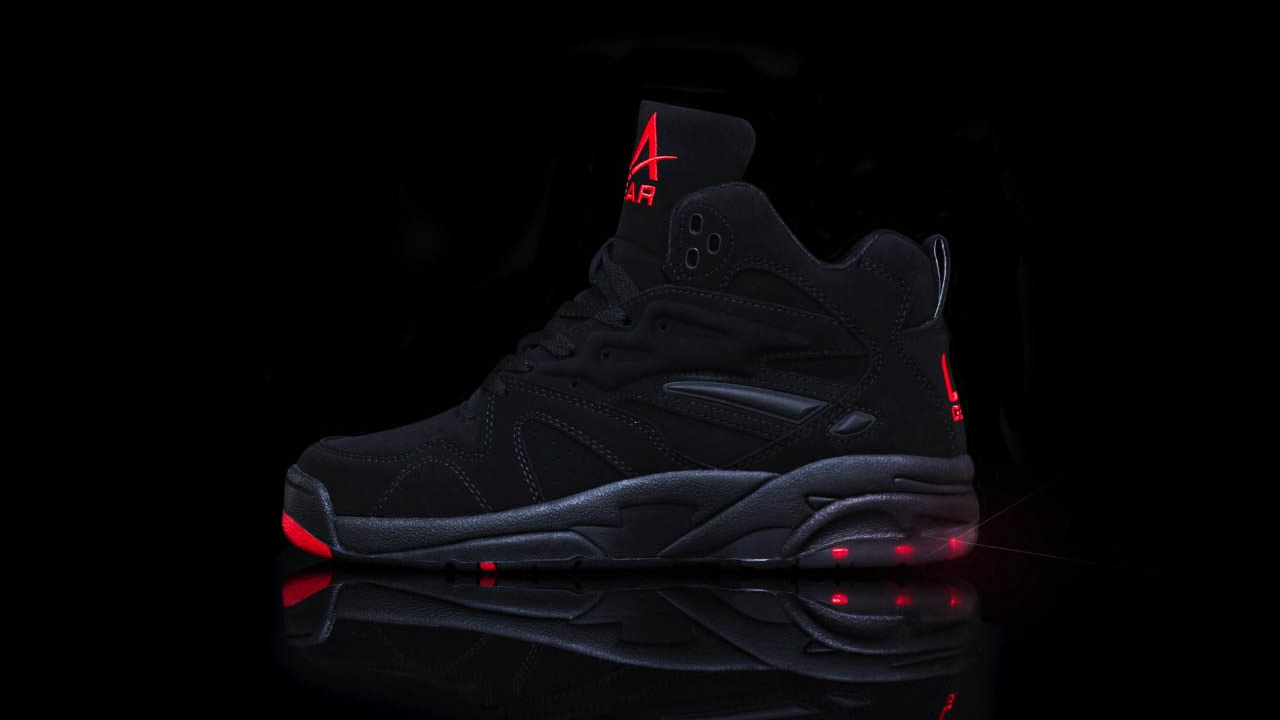
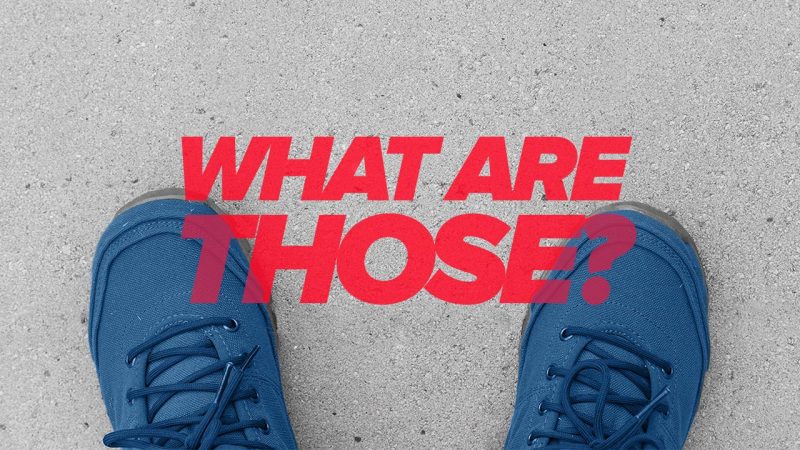
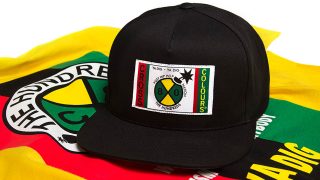
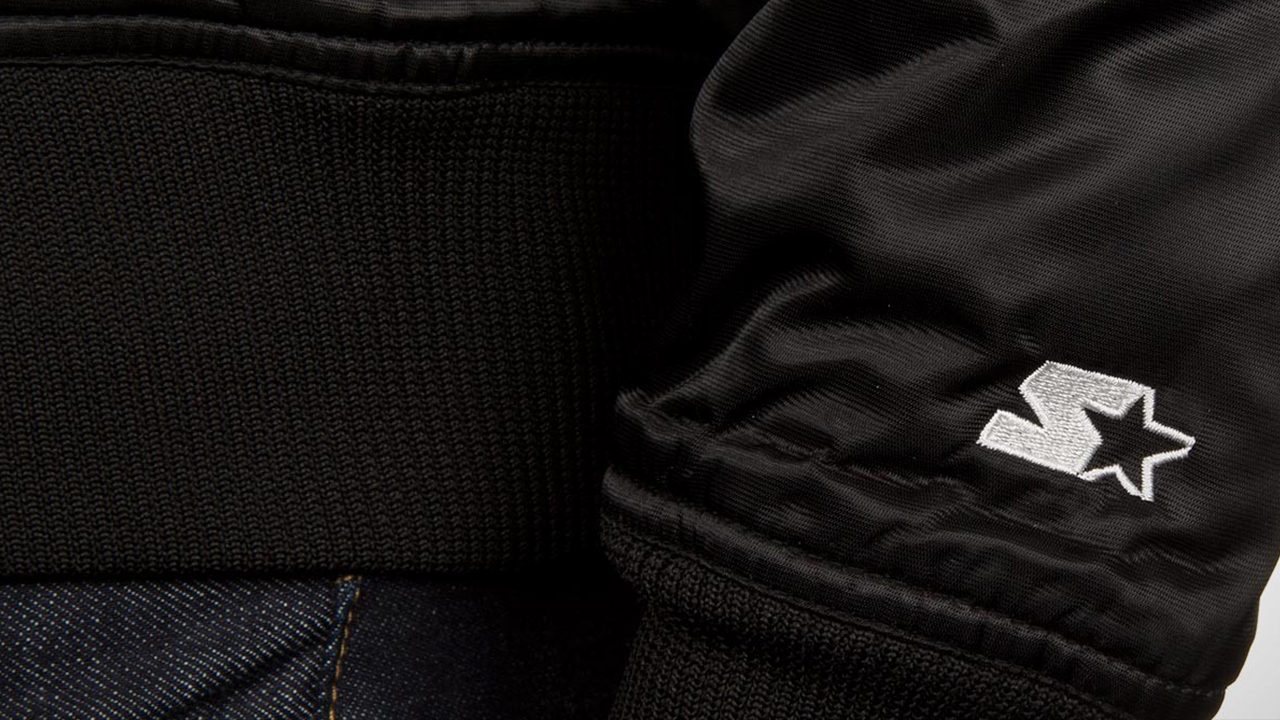
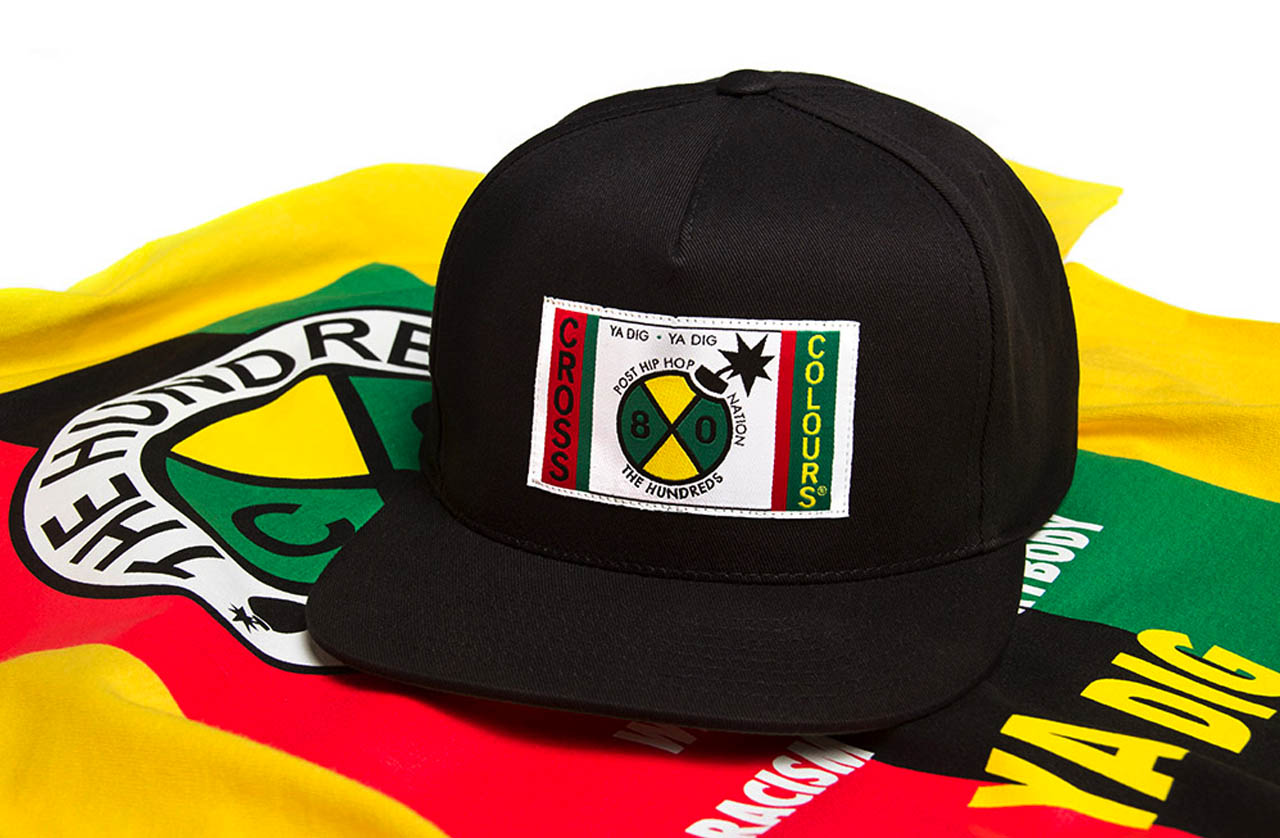
Leave a Reply